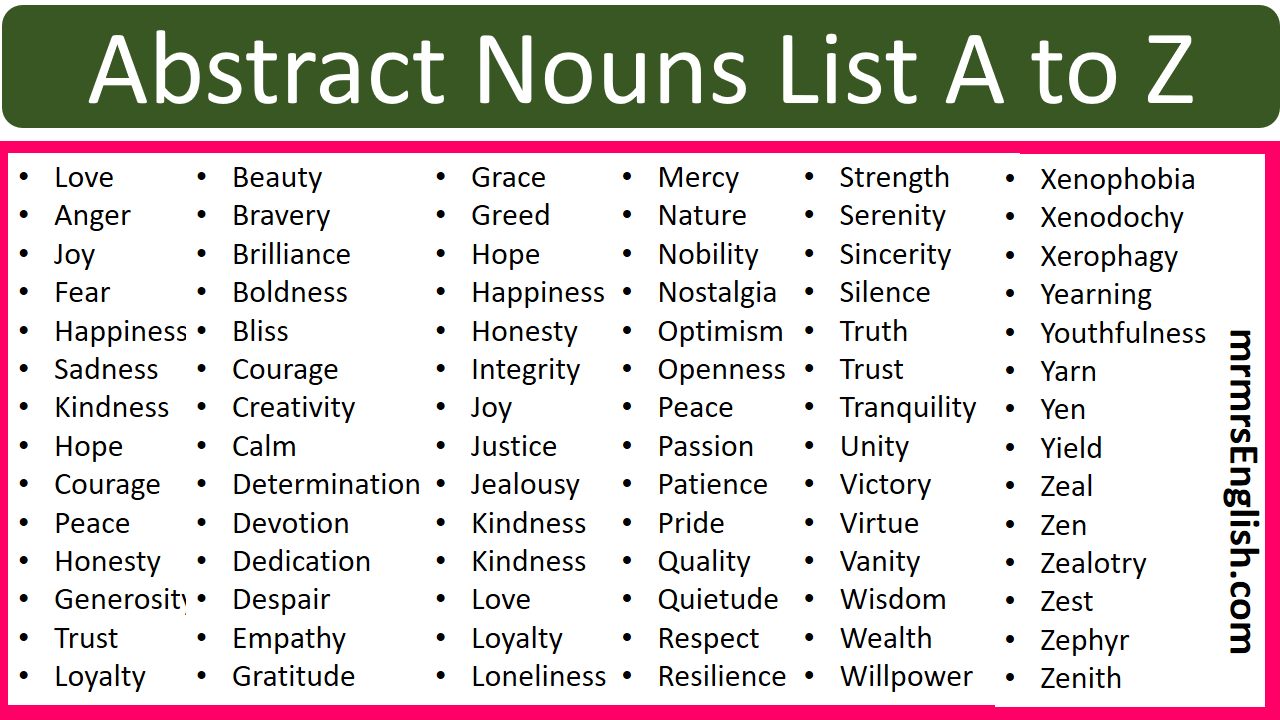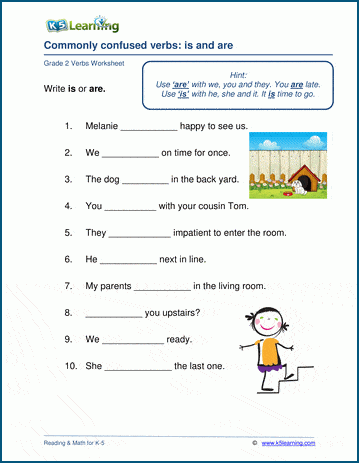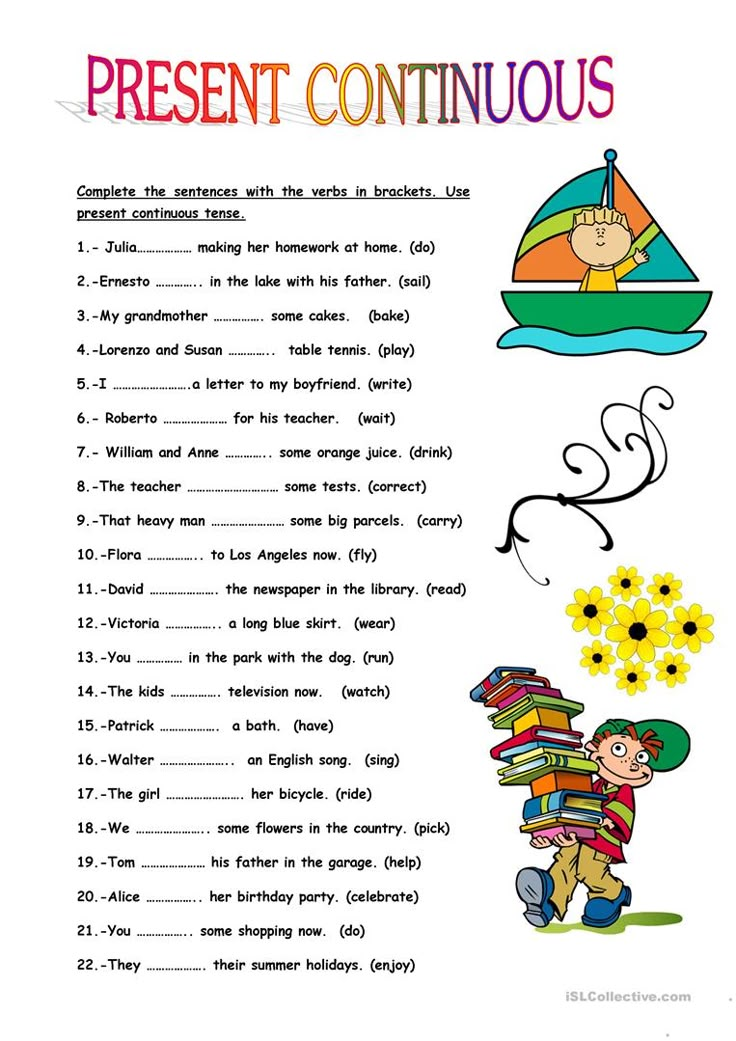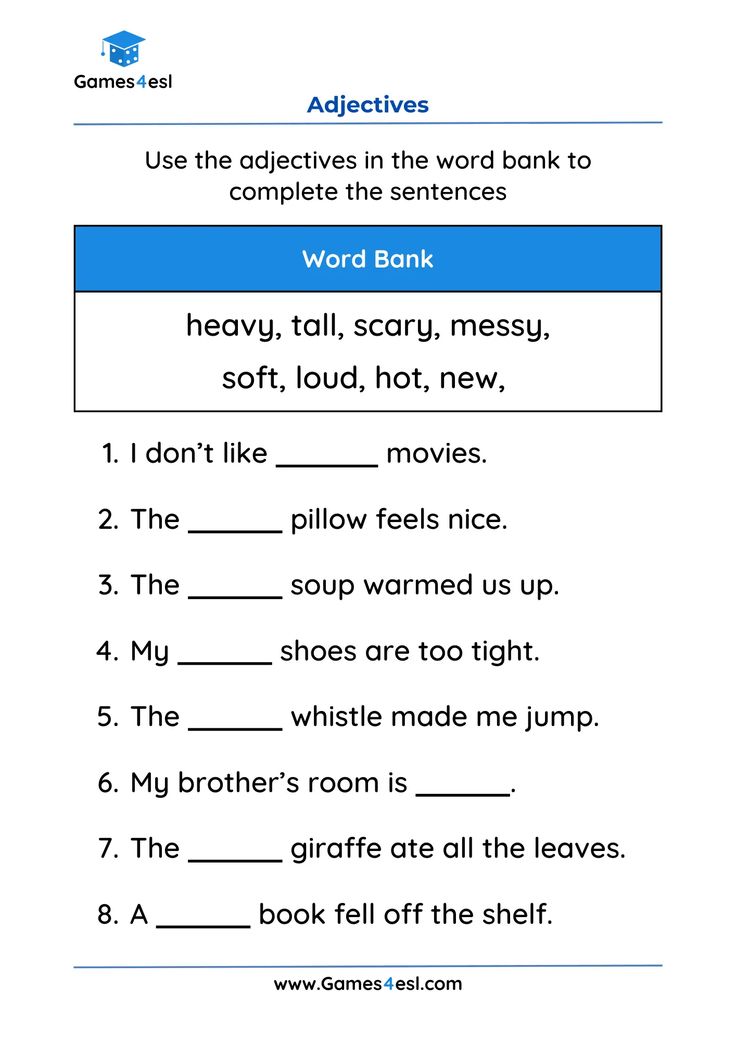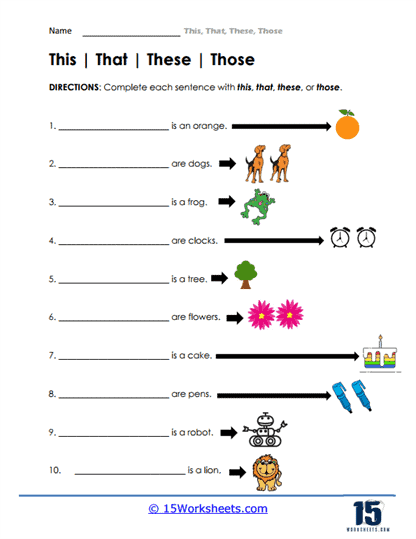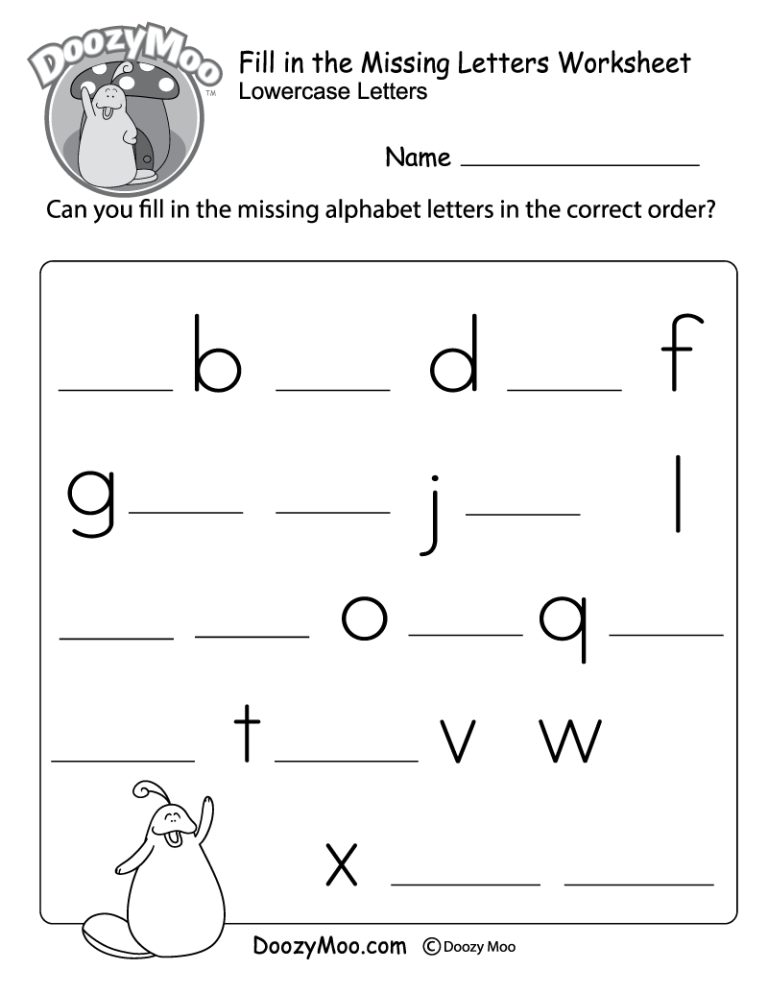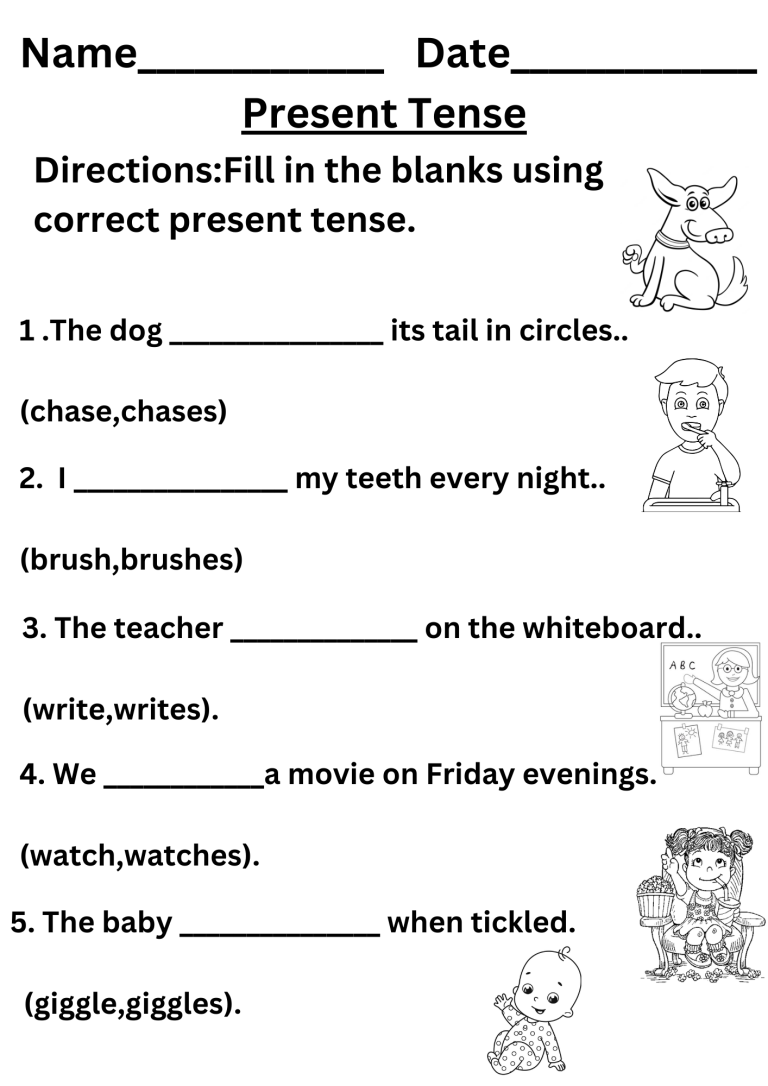Examples of Abstract Nouns
Have you ever tried to describe something you can’t see or touch, like a feeling or an idea? That’s where abstract nouns come in.
They’re the words we use to talk about concepts like love, freedom, and happiness. These nouns give life to our thoughts and emotions, making them essential tools in our language. But how do you recognize an abstract noun, and why do they matter to you?
Understanding them can enrich your communication skills and deepen your connection with others. Stay with us, and you’ll discover how these powerful words shape your everyday experiences and enhance your ability to express complex ideas effortlessly.
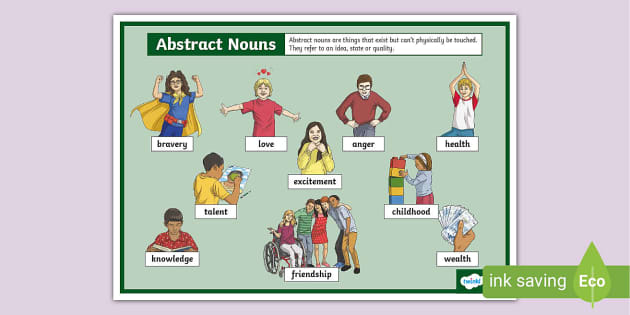
Credit: www.twinkl.fr
What Are Abstract Nouns?
Abstract nouns name things we can’t see or touch. They represent ideas, feelings, or qualities. Examples include happiness, love, and freedom. These nouns help us talk about emotions and thoughts. Abstract nouns are different from concrete nouns. Concrete nouns are things we can touch or see like a treeor a car. Understanding abstract nouns helps in expressing feelings and ideas. It’s important to use them when sharing thoughts.
Abstract nouns are used every day. We talk about sadnesswhen feeling down. Braveryis shown by heroes. Knowledgehelps us learn new things. These nouns are key in stories and poems. They help convey deeper meanings. Kids learn abstract nouns to express feelings better. They help in writing and speaking clearly. Abstract nouns are part of language learning. They make conversations rich and meaningful.
Importance Of Abstract Nouns
Abstract nouns show feelings, ideas, and qualities. These nouns are not physical objects. They help express emotions like happiness and sadness. Writers use them to add depth to stories. They make writing rich and colorful.
Abstract nouns help us understand complex thoughts. They describe things we can’t touch or see. Examples include love, freedom, and courage. These words make language more interesting. They help us talk about feelings and ideas.
Using abstract nouns can make writing engaging. It helps readers connect with the text. It allows us to share dreams and hopes. These nouns are important in poetry and literature. They bring life to words and help us communicate better.
Common Abstract Nouns
Happiness and sadness are feelings. They are not things we can touch. Fear makes us run away. Love is caring for someone deeply. Anger makes us feel hot inside. These are all examples of emotions. They live in our hearts and minds.
Bravery is standing up to fear. It is a strong quality. Honesty means telling the truth. It builds trust with others. Kindness is being friendly and nice. Patience helps us wait without getting upset. These traits make people special. Each trait helps us in life.
Freedom means being able to do what you want. It is a big idea. Justice is about being fair to everyone. Knowledge is what we learn. It grows as we read and listen. Courage helps us face tough times. These concepts shape the world. They guide us in making choices.
Abstract Nouns In Literature
Poetry often uses abstract nounsto express deep feelings. Words like loveand hopetouch the heart. These nouns create images in the reader’s mind. Freedomand beautyare used to show strong emotions. Joyand sadnesshelp poets share their thoughts. Abstract nouns make poems meaningful. They connect with readers on an emotional level.
Abstract nouns give depthto stories. They help authors show characters’ thoughts and feelings. Words like courageand fearreveal inner struggles. Honestyand trustbuild relationships between characters. Abstract nouns make prose relatable. They help readers understand the story’s message. These nouns add layers to the text.
Abstract Nouns In Everyday Language
Abstract nouns are important in conversations. Words like love, happiness, and fearhelp us express feelings. These nouns make speech richand meaningful. People use them to share emotions and ideas.
When someone says “I feel joy,” they share an abstract feeling. It helps us understand their mood. Abstract nouns are common in daily talks. They make our language colorfuland expressive. Kids use them to tell stories or talk about their day.
Abstract nouns shape communication. They help us discuss complex ideas. Words like justice, freedom, and honorare examples. These nouns can start deep conversations. They help people connect and understand each other better.
Abstract nouns allow us to discuss things we cannot touch. They help us describe feelings and thoughts. This makes communication more personaland effective. Using abstract nouns helps in sharing experiences and learning new things.
Challenges With Abstract Nouns
Abstract nouns are tricky. They don’t touch or see. They describe feelings or ideas. Love is one example. Happiness is another. These words need context. Without context, they confuse. Context shows what the word means. It helps us understand. Sentences give clues. Clues clear up confusion. They make ideas clearer. Context is key to learning.
Concrete nouns are easy to spot. They are things you can touch. Chair is a concrete noun. Apple is another example. Abstract nouns aren’t the same. They describe feelings or ideas. Joy is an abstract noun. Fear is another. Remember, one is touchable. The other is not. This helps tell them apart. Abstract nouns need thinking. Concrete nouns need touching.
Teaching Abstract Nouns
Abstract nouns are ideas and feelings. They cannot be touched or seen. Love and joy are examples. Teaching these to kids can be fun. Use stories and games. Kids learn best through play. Connect abstract nouns to real-life situations. They understand better this way. Show examples in pictures. Use simple words. Keep explanations short. Encourage kids to share their thoughts.
ESL students need clear examples. Use visual aids to help them. Pictures and videos work well. Make learning interactive. Group activities can be effective. They learn through conversation. Keep sentences simple. Break down difficult words. Repeat and review often. Use everyday situations for examples. Encourage them to use abstract nouns in sentences. Practice is key to learning.

Credit: www.pinterest.com
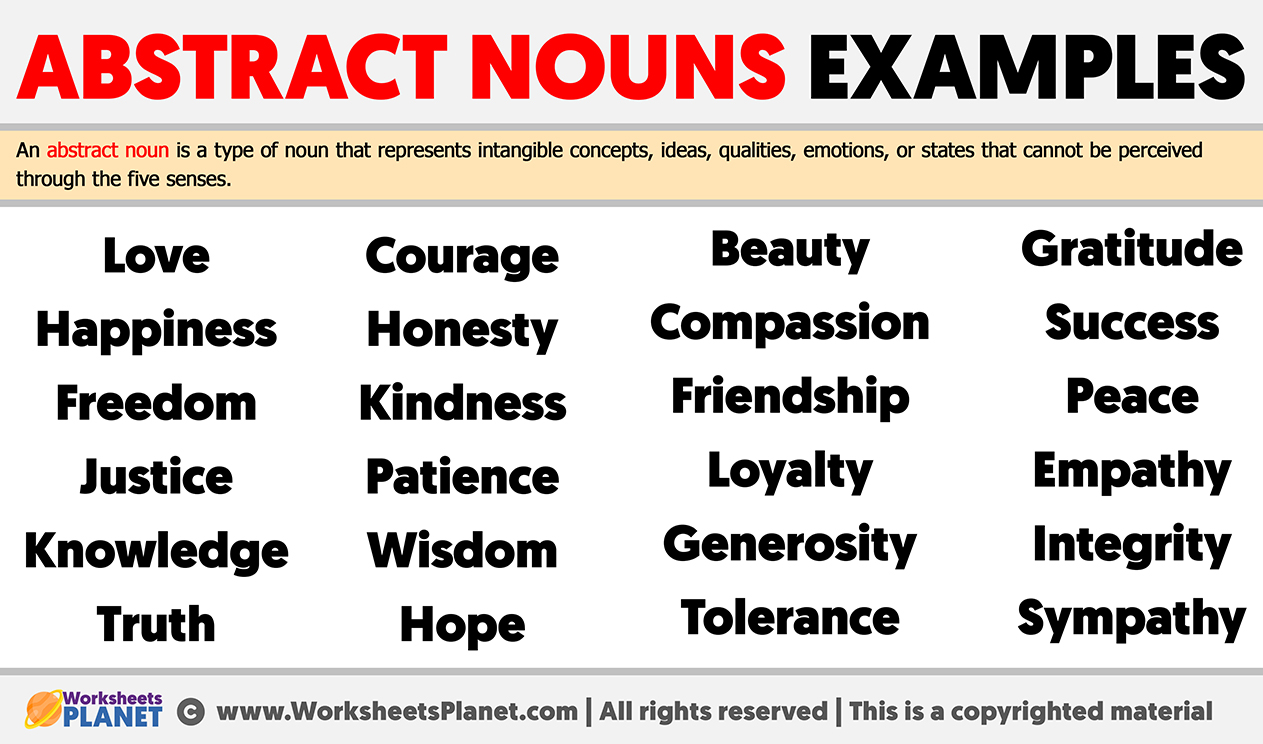
Credit: www.worksheetsplanet.com
Frequently Asked Questions
What Are Abstract Nouns?
Abstract nouns represent intangible concepts, ideas, or qualities that cannot be perceived by the senses. They encompass emotions, states, and concepts like love, freedom, and happiness. Unlike concrete nouns, abstract nouns do not have a physical form. They are essential in expressing thoughts and feelings in language, enriching communication.
How Do Abstract Nouns Differ From Concrete Nouns?
Abstract nouns differ from concrete nouns as they represent intangible ideas or qualities. Concrete nouns are physical and can be experienced through the senses. For example, ‘happiness’ is an abstract noun, while ‘apple’ is a concrete noun. Abstract nouns are fundamental in conveying emotions and complex ideas.
Can Abstract Nouns Be Plural?
Abstract nouns are typically singular and represent non-quantifiable concepts. However, some abstract nouns can be pluralized when referring to different types or instances. For example, ‘joy’ remains singular, but ‘joys’ can refer to multiple joyful experiences. Pluralization depends on context and intended meaning.
Why Are Abstract Nouns Important In Writing?
Abstract nouns are important in writing as they convey emotions and complex ideas. They add depth and nuance to language, helping writers express intangible concepts like love, freedom, and justice. By using abstract nouns, writers can evoke emotions and provoke thought, enhancing the reader’s engagement and understanding.
Conclusion
Abstract nouns add depth to language. They describe feelings, qualities, and ideas. Words like “happiness,” “freedom,” and “courage” are abstract. They help us express emotions and thoughts clearly. Understanding these nouns enriches communication. It makes writing and speech more meaningful.
Abstract nouns connect people through shared experiences. They enhance storytelling by adding emotion and insight. Recognizing abstract nouns in daily life improves vocabulary. It boosts language skills and creativity. Explore abstract nouns to communicate better. Enjoy the richness they bring to conversations.
Use them to convey complex ideas simply. Make your language vibrant and expressive.
